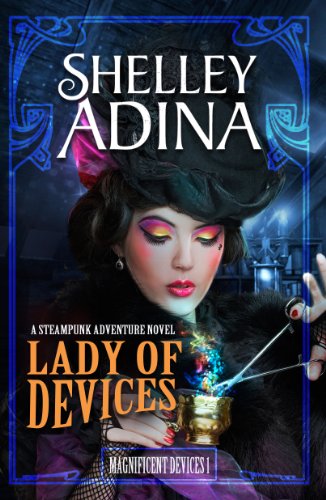Who am I writing for?
In a recent essay on The Awl, Maria Bustillos said something that resonated with me:
“The key difference between Fyodor Dostoevsky and Violet Winspear is—the beard, obviously, but in terms of literary production, the difference is that the latter is thinking more about you, the reader, whereas the former is thinking more about himself, the author. Each approach has an enormous value, potentially. To put this another way, Dostoevsky writes from deep inside himself, about his whole life, every single thing he ever saw or learned; Winspear plies her craft according to what she imagines it would please you to read, imagine or dream about, though it’s nearly impossible for a novelist to avoid revealing some of his own ideas and beliefs about the world, however tangentially.
“It doesn’t matter whether you call this “serious” literature or not, really, though it seems to me that when millions and millions of people are involved in the same reading, it is very serious indeed.”
This on the heels of a conversation I had not long ago with an aspiring author. He wanted to know how to get published, and when he kept going on about “my voice” and “being heard” and “my work,” I stopped him. “It’s about the readers,” I said. “What do you have to offer them?” But he didn’t want to talk about that. He didn’t even want to talk about my experience, he only wanted to talk about his work and “being heard.”
At which point I terminated the conversation because
- When someone asks for your help and then doesn’t listen when you try to speak, I don’t know about you, but I get the feeling they’re more interested in the sound of their own voice than in hearing yours.
- The aspiring author who is going to succeed is a teachable one who’s willing to absorb the experiences of others and learn from them.
- If an author doesn’t have his reader in mind when he writes, then it doesn’t matter if he’s published or not. He’s just engaging in a form of, oh, I don’t know, mental masturbation, where it’s all about him.
Not that I’m accusing Dostoevsky of such things, but you get what I mean. When writing isn’t about communicating what’s in your head to someone else’s head in as vivid and compelling a way possible, when it’s not about the reader, then what are we writing for? We want to share, don’t we? Not because we want to be venerated by an adoring public (though it would be nice to have a public), but because we’re saying, “Look! I made a playground! Come and play with me.”





Resonates with me, too. Thanks for the reminder.
Thank you for this. I write. My daughter writes. I once put together a list of rules for writers (if interested, http://o-dark-thirty.blogspot.com/2011/08/writers-rules-vernons-rules-of-verbiage.html). I tried to instill the love of the readers in her, and try to remember it myself.
Just finished Lady of Devices and Her Own Devices. Loved them both. I smile now because I was going to say you have a good voice! What I mean is you tell a good story. Thanks for that!
Very important point, Adina. In writing young adult, I often do volunteer work (such as in the library of a local high school) to try to get a sense of the kids today and who I’m writing for. I think a lot of writers gear their work to the teen they used to be, and it doesn’t work. It’s a whole new world now.